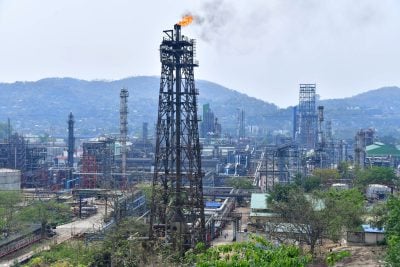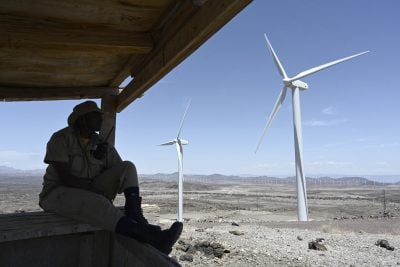Hydrocarbon dependence
The Angolan government has made little progress in reducing its dependence on oil and so just two statistics largely define the country’s economic fortunes: the volume of oil produced and the international price of oil.
Some analysts have suggested over the past year that Angolan oil production may be plateauing but it seems more likely that new production capacity will more than outweigh declining output on mature fields.
In April, credit ratings agency Moody’s agreed that output would rise. In a statement – and in contrast to perceptions of its general attractiveness for doing business – it argued that a string of new investment announcements “reaffirms Angola as a stable operating environment for international oil companies and stands to boost oil production and is thus credit positive”.
Shilan Shah, Africa economist at Capital Economics, says: “Virtually their entire export base is oil, and that’s generally the concern with Angola; and there tend to be significant delays to when these projects actually start pumping oil. There isn’t another country that’s as reliant on one industry as Angola. Especially with these projects, there is going to be huge amounts of foreign direct investment into the country, but over the medium term there’s reason to be concerned.” The big cause for concern is any possible fall in oil prices, whether because of additional output from other producers, or because of a more rapid switch away from oil towards other energy sources on a global scale.
The 2013 budget resulted in a deficit that could be sustained for some time if infrastructural spending continues to grow at the current rate, although the current debt-to-GDP ratio is just 27%. Part of the deficit should be covered by the country’s first Eurobond issue, planned later this year. Shah is not exaggerating when he talks about the overwhelming importance of oil to the Angolan economy. Oil and gas account for 97% of export revenue and 79% of government income. Diamonds account for much of the remaining export revenues, so it is clear that the country’s export capacity is severely limited.
As we discuss below, a series of big projects should boost Angolan oil production over the next few years but the main question is whether all of this will be sufficient for Angola to overtake Nigeria as Africa’s biggest oil producer. Nigeria should be producing in excess of 3m barrels a day (b/d) but continued instability in the Niger Delta and delays to the passage of the Petroleum Investment Bill have shut in production capacity and deterred both upstream exploration and the development of proven reserves. As a result, Nigerian crude oil output averaged just 1.9m b/d in 2013, according to the latest figures from the Central Bank of Nigeria.
However, Nigeria is still likely to boast more liquid hydrocarbons as it also produces a large amount of natural gas liquids and other forms of hydrocarbon. Algeria, which is currently pumping about 1.9m b/d, could also vie for the title as Africa’s biggest oil producer.
Want to continue reading? Subscribe today.
You've read all your free articles for this month! Subscribe now to enjoy full access to our content.
Digital Monthly
£8.00 / month
Receive full unlimited access to our articles, opinions, podcasts and more.
Digital Yearly
£70.00 / year
Our best value offer - save £26 and gain access to all of our digital content for an entire year!
 Sign in with Google
Sign in with Google 


